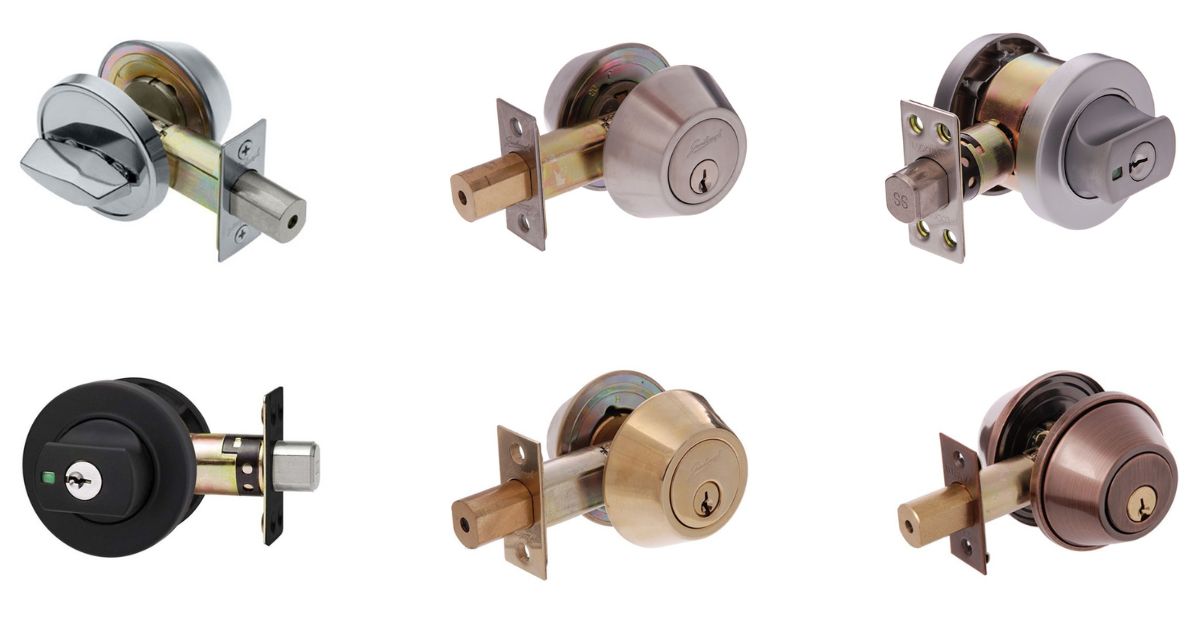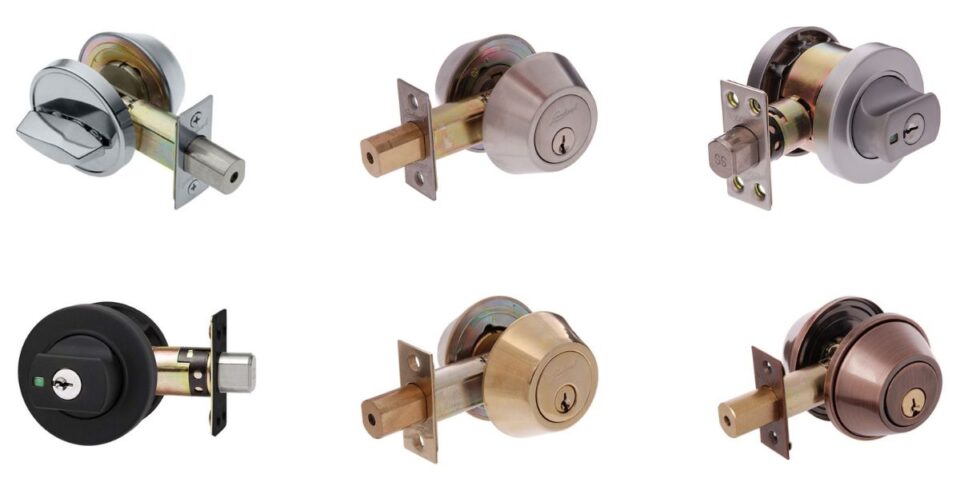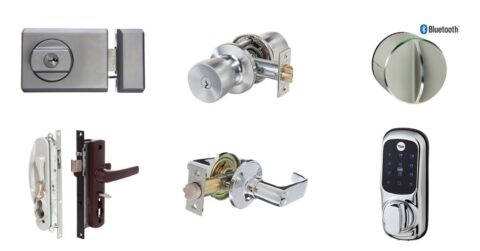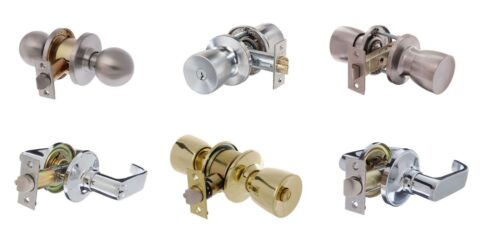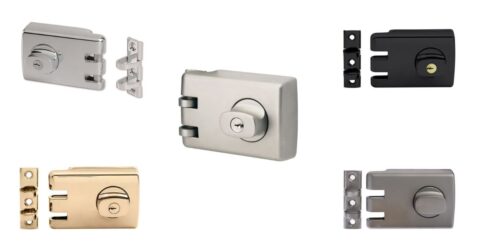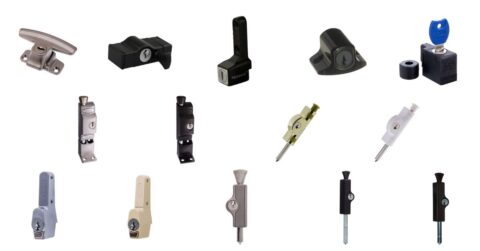Introduction
Security is an essential aspect of both home and commercial property ownership. A sturdy deadbolt lock serves as the first line of defence against intruders.
Let’s dive into why a deadbolt is a must-have and how to choose the right one for your needs.
Why Deadbolts Are Essential for Your Security
Deadbolts offer an added layer of security that’s hard to beat. Unlike spring latch locks, deadbolts cannot be easily picked or ‘bumped’ open.
Their mechanism provides a higher resistance to forceful entry, making it a deterrent to potential burglars.
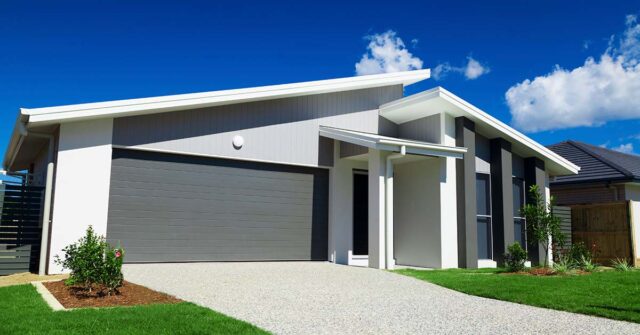
The Importance of Choosing the Right Deadbolt
Not all deadbolts are created equal. Depending on your specific needs, the right deadbolt for you might differ.
Factors such as the type of door, your budget, and even your location can influence your choice. We aim to simplify this decision for you.
Types of Deadbolts
There are several types of deadbolts, each with its own advantages and disadvantages. Understanding these can help you make an informed choice.
Single Cylinder Deadbolts
These are the most common types of deadbolts, requiring a key to unlock from the outside but featuring a thumb-turn on the inside. They are cost-effective but can be less secure if there is glass near the door.
Double Cylinder Deadbolts
Double-cylinder deadbolts require a key for both entering and exiting. This eliminates the risk associated with having glass near the door but can be a safety concern during emergencies.
Keyless Deadbolts
Keyless deadbolts offer the convenience of secure access without a physical key. They often come with number pads or fingerprint scanners, providing a higher level of customization.
Smart Deadbolts
Smart deadbolts allow you to control and monitor your lock remotely via a smartphone app. They offer the ultimate convenience but come at a higher price point.
Grade Levels and Durability
Deadbolts come with grade levels indicating their durability and effectiveness.
Grade 1 offers the highest level of security, suitable for commercial properties, while Grades 2 and 3 are more suited for residential use.
How Deadbolts Work
Understanding the mechanics of a deadbolt can give you a clearer perspective on why they are considered more secure than traditional locks.
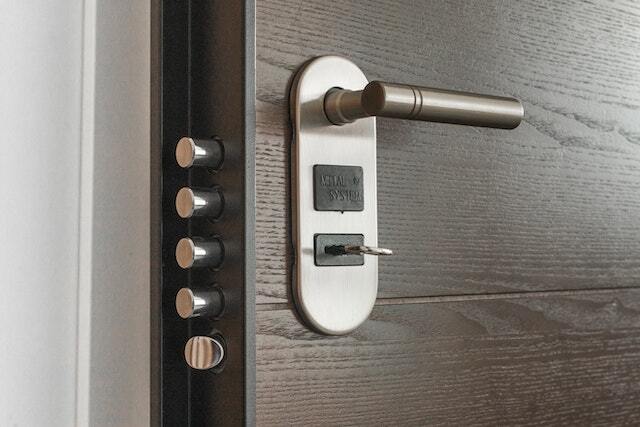
The Mechanics Behind the Security
A deadbolt extends a ‘bolt’ into the door frame, which is controlled by a key or thumb-turn. This bolt is usually made of steel, making it highly resistant to cutting and breaking.
Advantages Compared to Standard Door Locks
Unlike regular door locks that can be easily picked, a deadbolt requires significant effort to bypass. The design is such that forceful entry typically causes more noise, thereby alerting residents or neighbours.
Installation and Setup
Proper installation is crucial for the effectiveness of a deadbolt. Whether you’re a DIY enthusiast or prefer professional installation, we’ve got you covered.
DIY Vs Professional Installation
Installing a deadbolt yourself can save you money, but a professional installation ensures that the lock is set up correctly, thus maximizing security. We offer expert installation services that you can rely on.
Tools Required for Installation
If you decide to go the DIY route, you’ll need a few basic tools like a drill, screwdriver, and a chisel. Accurate measurements are key to a successful installation.
Step-by-Step Installation Guide
- Begin by marking the spot where the deadbolt will go.
- Drill holes as required and then install the bolt, followed by the lock mechanism.
- Ensure everything is aligned and test the lock multiple times to confirm its functionality.
Compatibility and Integration
Not all deadbolts are suitable for all door types. Additionally, smart deadbolts offer the possibility of integration with other smart home devices.
Door Types and Deadbolts
Most deadbolts are versatile enough to be installed on various types of doors, including wood and metal. However, the thickness and material of your door could influence your choice of deadbolt.
Smart Home Integration
Smart deadbolts can often be integrated with home automation systems, allowing you to lock or unlock your door through voice commands or even set schedules for when the door should be locked.
Regional Considerations
In South East Queensland, local factors such as the climate and regulations can impact your choice and maintenance of a deadbolt.
South East Queensland Climate and Deadbolts
The humid subtropical climate can affect the longevity and functionality of your lock. Opting for corrosion-resistant materials can be beneficial in the long run.
Local Security Regulations and Compliance
Local laws may have requirements for the types of locks that can be installed. Ensure that your choice complies with these regulations to avoid any legal issues.
Cost and Affordability
While it’s tempting to go for the cheapest option, remember that a deadbolt is an investment in your security.

Investing in a Quality Deadbolt
A higher upfront cost can save you from potential losses in the long run. Opting for a Grade 1 deadbolt may be more expensive but offers superior security.
Cost Breakdown: Material, Installation, and Maintenance
The total cost of a deadbolt includes not just the lock itself, but also installation and ongoing maintenance. Budget accordingly to ensure you’re making a wise investment.
Maintenance and Upkeep
A well-maintained deadbolt can last for years. Regular checks and minor upkeep can go a long way.
Regular Checks and Inspections
Inspect the lock and bolt regularly for any signs of wear and tear. Lubricate the mechanism as needed and consider periodic professional inspections.
Troubleshooting Common Issues
If you encounter issues like a jammed bolt or difficulty in turning the key, simple troubleshooting steps can often resolve the problem. For more complex issues, it

